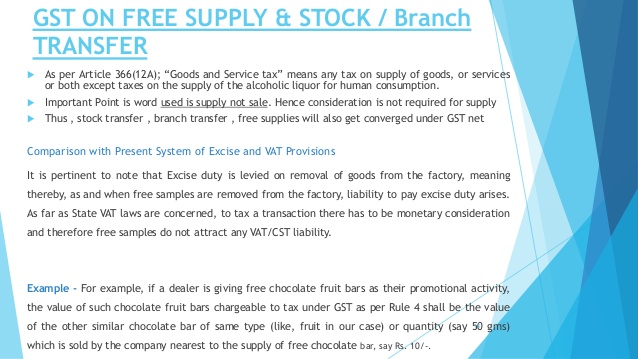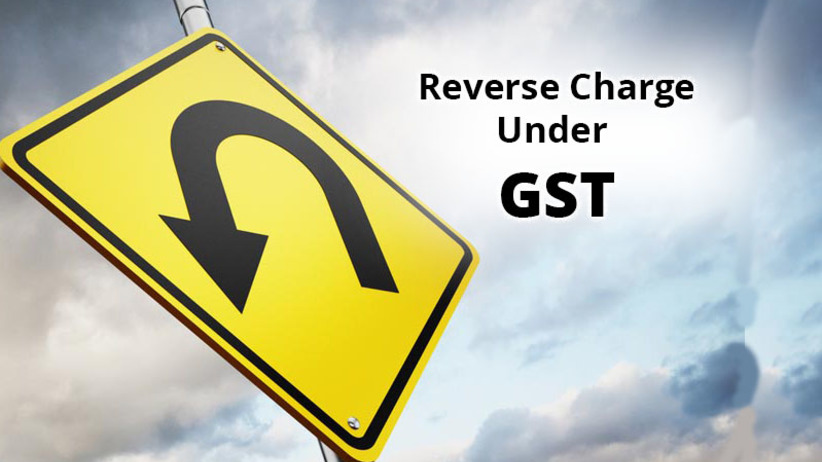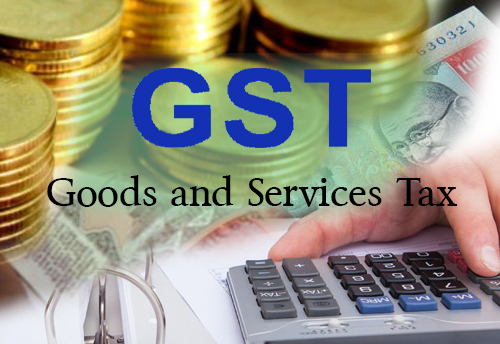Shopping Online? How GST will affect Online Shopping and Ecommerce sites?

E-Commerce Sites to be taxed under GST
As online commerce and shopping sites are gaining popularity, various states are getting alive to fact of revenue they are losing. Currently, the state from where dispatch of the goods is happening is gaining the sales tax revenue, while the consumption is happening in some other state. As a result, the state where the delivery of goods is taking place and consumption happening loses the tax revenue.
Even before on GST, the various states were alive to this problem and various measures were being contemplated to check this practice.

GST Model Law now set to tackle this issue and now the consuming states would get their share of Revenue- Now with GST, this issue is being taken care of. As GST gets implemented, E-commerce companies selling goods online would be liable to collect GST at source. Ecommerce portals would be paying GST in advance and actual supplier of the goods would be able to claim such credit as input tax credit of GST paid by selling portal.
Electronic Commerce, Electronic Commerce Operator and Aggregator Defined-
Clause 43B(d) of GST Model Law, 2016 has well defined the “Electronic Commerce” to put to rest any ambiguity as defines the same as “supply or receipt of goods and/or services, or transmitting of funds or data, over an electronic network, primarily the internet, by using any of the applications that rely on the internet, like but not limited to e-mail, instant messaging, shopping carts, Web services, Universal Description, Discovery and Integration (UDDI), File Transfer Protocol (FTP), and Electronic Data Interchange (EDI), whether or not the payment is conducted online and whether or not the ultimate delivery of the goods and/or services is done by the operator” .
Further the clause 43B(e) of Model GST Law, 2016 has defined the ‘Electronic commerce operator‘ as “every person who, directly or indirectly, owns, operates or manages an electronic platform that is engaged in facilitating the supply of any goods and/or services or in providing any information or any other services incidental to or in connection there with but shall not include persons engaged in supply of such goods and/or services on their own behalf”.
The Model GST law has further defined the ‘Aggregator‘as “a person, who owns and manages an electronic platform, and by means of the application and a communication device, enables a potential customer to connect with the persons providing service of a particular kind under the brand name or trade name of the said aggregator” .
The Bill has also gone on to define the ‘Brand name or trade name‘ as “brand name or a trade name, whether registered or not, that is to say, a name or a mark, such as an invented word or writing, or a symbol, monogram, logo, label, signature, which is used for the purpose of indicating, or so as to indicate a connection, in the course of trade, between a service and some other person using the name or mark with or without any indication of the identity of that person”.
Electronic Commerce Operator to Collect Taxes- Under the provisions of Model GST Bill, the Electronic Commerce Operator would recover the amount of tax as may be due as per rates prescribed under the GST Act before passing on the requisite credit to the supplier and deposit such tax collected with revenue authorities. It may be noted that such operator has to deposit the taxes at time of payment to supplier or as collected from customer whichever is earlier.
Taxes to be paid to Credit of Authorities- Such amount of tax collected would be deposited by the operator within ten days after the end of the month in which such collection is made to the credit of the appropriate Government. Clause 2(11) of GST Model Law, 2016 defines Appropriate Government as the Central Government in case of the IGST and the CGST, and the State Government in case of the SGST.
Along with deposit of the Tax Ecommerce Operator to file the monthly statement- Such Ecommerce Operator would also be required to furnish a statement detailing all amounts collected as sales or services, tax collected and deposited, details of the supplier of such goods or services in electronic form within ten days after the end of such calendar month.
Such deposit of taxes would be deemed to be on behalf of the supplier and supplier in turn would be able to claim credit of such taxes paid on his behalf. The details of supplies/ Services made by the supplier and the amount collected shall be matched with the corresponding details of outward supplies furnished by the concerned supplier in his valid return for the same calendar month or any preceding calendar month.
Any Discrepancy in returns submitted or Mismatches to be communicated to both Supplier and Ecommerce Operator- In case of any mismatch of the values of supplies or services on which Tax has been collected and claimed as refund by the seller shall be communicated to both persons.
Mismatch to attract Penal Interest- The parties would be responsible to correct the discrepancy within the calendar month and in the event of the same not getting rectified, the same would be added to the liability of the trader and shall be added to the liability of the said supplier and he would be responsible to payment the same in subsequent month. The Concerned supplier shall also be responsible to pay such liability along with the applicable rate of interest as per clause 43C (9) of GST Model Law, 2016.
E-commerce operator to furnish details in Case of any notice
Under the Model GST Bill, 2016, any authority not below the rank of Joint Commissioner may, by notice, either before or during the course of any proceeding under this Act, require the operator to furnish such details relating to—
(a) supplies of goods and/or services effected through such operator during any period, or
(b) stock of goods held by the suppliers making supplies through such operator in the godowns or warehouses, by whatever name called, managed by such operators and declared as additional places of business by such suppliers as may be specified in the notice.
Every operator on whom a notice has been served shall furnish the required information within five working days of the date of service of such notice.
Operator liable for Penalty for not furnishing Information- As per the provisions of the section 66 of the Model GST bill, any such person from whom the information is sought would be subject to penalty that may extend to Rs Twenty Five Thousand in the event of failure to share the information.


 Sales Tax For E-Commerce: 3 Things Small Businesses Should Know
Sales Tax For E-Commerce: 3 Things Small Businesses Should Know  What Is The GST Liability on Free Supply of Goods and Services?
What Is The GST Liability on Free Supply of Goods and Services?  Some FAQs about GST- Understanding Scope and Provisions of GST
Some FAQs about GST- Understanding Scope and Provisions of GST  Understanding the Reverse Charge mechanism under GST and IGST?
Understanding the Reverse Charge mechanism under GST and IGST?  Pros and Cons of GST- Is Ushering in of GST worth Celebrating as media wants us to believe?
Pros and Cons of GST- Is Ushering in of GST worth Celebrating as media wants us to believe?  Arrests and Detention Provisions under GST in Detail- Are these justified
Arrests and Detention Provisions under GST in Detail- Are these justified  ITAT Amritsar: No Section 269SS Violation for One-Time Cash Payment Before Sub-Registrar
ITAT Amritsar: No Section 269SS Violation for One-Time Cash Payment Before Sub-Registrar  Tax Officials Unleash Digital Dragnet: How New Raid Powers Redefine Privacy, Property Rights in India and likely to Fuel Corruption
Tax Officials Unleash Digital Dragnet: How New Raid Powers Redefine Privacy, Property Rights in India and likely to Fuel Corruption  Income Tax Department Rewards for Reporting Tax Evasion: A Comprehensive Guide
Income Tax Department Rewards for Reporting Tax Evasion: A Comprehensive Guide  Forfeiture of Gratuity by Employer- What are the Remedies for an employee- Can employer be challenged?
Forfeiture of Gratuity by Employer- What are the Remedies for an employee- Can employer be challenged?